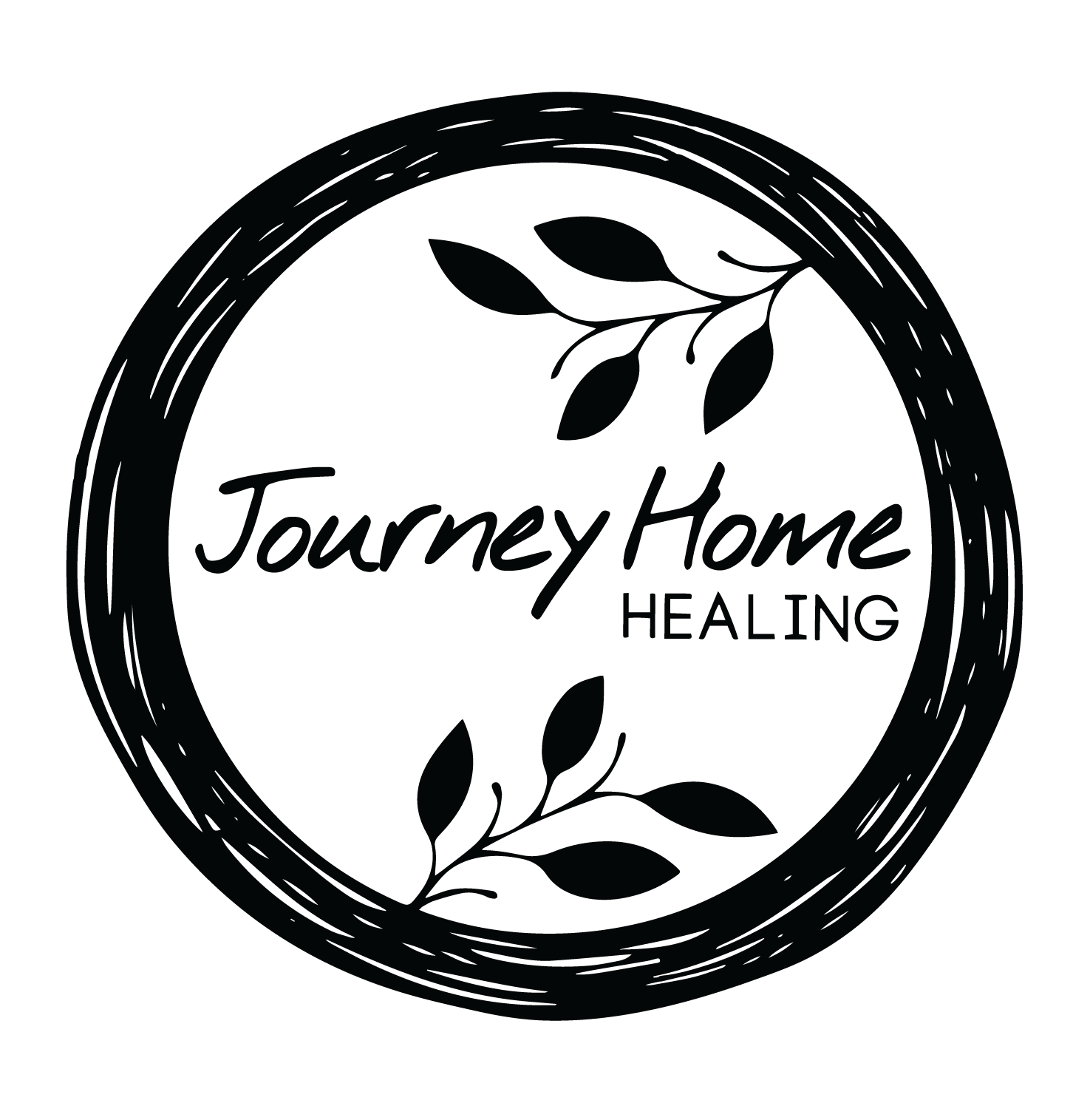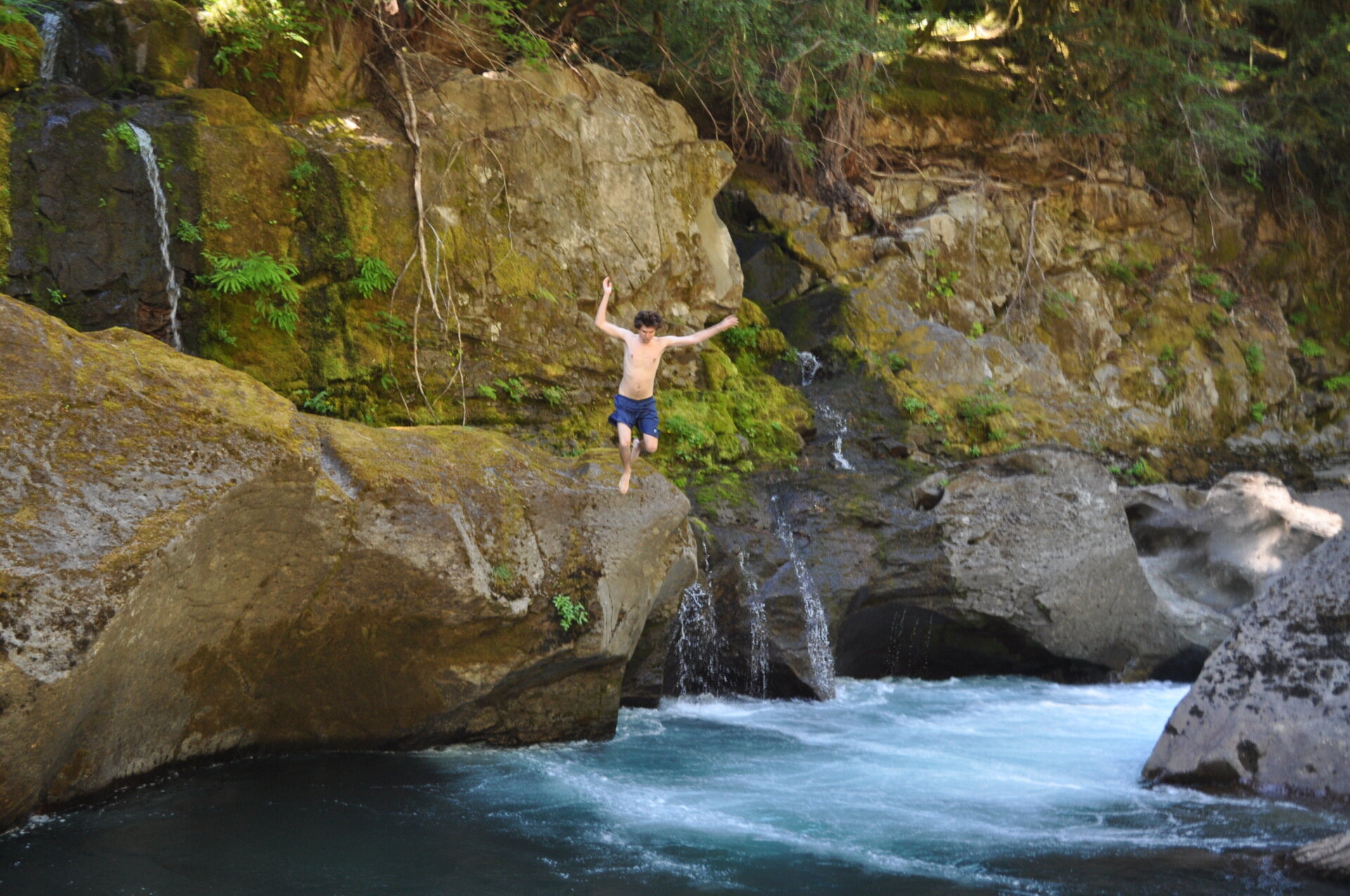Cold Plunge Time!
One of my favorite things to do are cold plunges. What is that? Well, it’s pretty simple. It is when one jumps, plunges, or immerses oneself into a cold body of water. There is only a brief amount of time spent in that cold water, typically 15-60 seconds, before needing to exit the water.
Now, why on earth would a medically trained doctor urge me to jump into a cold body of water? Because it is good for you, in so many ways!
Why is cold water good for you?
The benefits of contact to cold water are two-fold. First, there is the initial reaction that the body has to the cold water - constriction of the blood vessels on the body's surface, sending blood flow inward. The nervous system and brain receives the message from the body that there is cold exposure. The brain then sends a message back to the body (to the cold areas)... "Send blood back to the cold surface, and let's warm it up!" - says Brain. This is the secondary effect of cold. This is why your skin turns bright red following a cold plunge. As the body begins to allow the return of blood back to the surface, circulation is stimulated and stirred up much like when waves are stirred up with currents or a tide.
They key to receiving these benefits described above is to not allow the body to remain in cold conditions for too long of a period of time. Again, that is why only 15-60 seconds are recommended for a cold plunge. Otherwise, one runs the risk of losing too much body heat, and possibly even hypothermia.
Why is improving circulation beneficial?
Promoting circulation of blood is a great way to boost health. Circulation helps to deliver oxygen and nutrients to tissues, establish healthy blood flow to all areas of the body, and aids in our body's natural detoxification system (like the detox pathways of the liver). Additionally, it also promotes circulation of the lymph fluid and can boost immune function.
Healing Power of Nature
Did you know, nature is really good for us? Well, duh. We all know it, feel it, and actively pursue it. The cool thing is that science is catching up with what we intuitively already know and feel. Some call this earthing or grounding. I call it “literally touching the earth” (land & water). Regardless, it results in a plethora of health benefits including:
Eases the nervous system and reduces stress response
Activates the parasympathetic response, or the "rest and digest" phase, which is required for any healing to occur
Decreases cortisol levels
Blood gets less “sticky” and flows better
Improves sleep – falling asleep and waking feeling rested
Decreases pain
Improves immune function
Increases heart rate variability (this is a good thing)
Easier to connect to self and others in a heart-centered way
*for more information on health benefits of "earthing", please check out resources listed at bottom of blog
Regeneration & Reciprocation
Nature does a great deal to support and heal us, simply by… being here. Is that support being reciprocated? What can you do to heal and support nature in exchange? Nature is at odds with massive human activity of development, industry, consumerism, policy, politics and just plain old ignorance. What can you do, beginning in your own backyard, to begin to steward the earth that provides so much healing to us, in order to preserve and protect it for the next seven generations?
Considerations before taking the plunge:
Is it safe? Assess your surroundings before taking the plunge. Are there any foreseen dangers in the area?
Look above - Broken branches in trees? Lightning?
Look around - Bees? Watercrafts nearby?
Look down – Snakes? Poison oak? Broken glass? Uneven terrain?
Be careful of strong currents and waves.
Look for rocks and other obstacles to swimming before jumping in.
Consider wearing shoes/sandals to avoid broken glass and old fishhooks.
Check to see if rocks are slippery before stepping on them.
Can you easily exit the water?
For first time cold plungers:
Do you have a buddy? (I suggest not cold plunging for the first time by yourself)
Can you swim? If swimming is a challenge for you, stay shallow, and again, have a buddy with you. (You can still "plunge" in shallow waters)
Do not stay in the water longer than 1 minute.
Make sure you have your exit route out of the water planned.
Have some dry, warm towels and clothing on hand, following the plunge.
This is a call to action! An invitation! To you, the reader, to go, take the cold plunge!
Literally. Find yourself a cold body of water, and jump on in!
In Joy,
Dr. Sarah Sue
Resources:
Chevalier G, Sinatra ST, Oschman JL, Sokal K, Sokal P. Earthing: health implications of reconnecting the human body to the Earth's surface electrons. J Environ Public Health. 2012; 2012: 291541.
Chevalier G, Sinatra S, Oschman J, Delany R. Earthing (grounding) the human body reduced blood viscosity – a major factor in cardiovascular disease. J Altern Complement Med. 2013 Feb; 19(2): 102-110.
Oschman J, Chevalier G, Brown R. The effects of grounding (earthing) on inflammation, the immune response, wound healing and prevention and treatment of chronic inflammatory and autoimmune diseases. J Inflamm Res. 2015; 8: 83-96.




